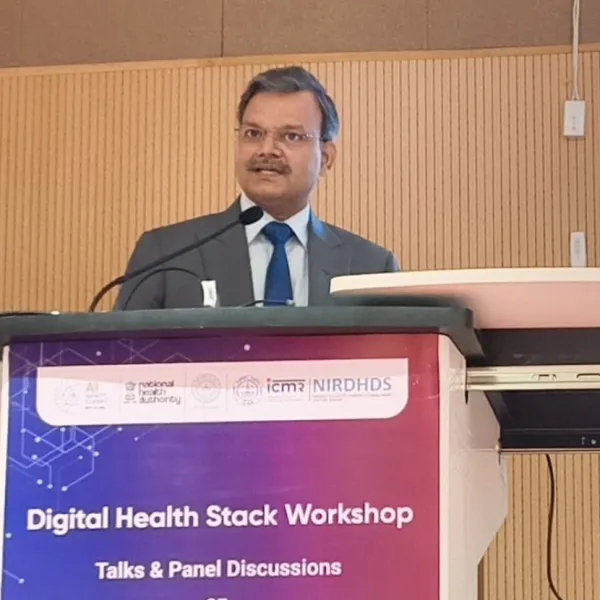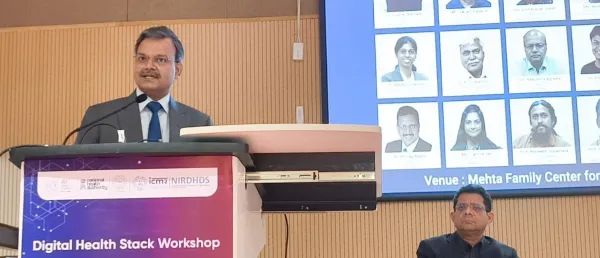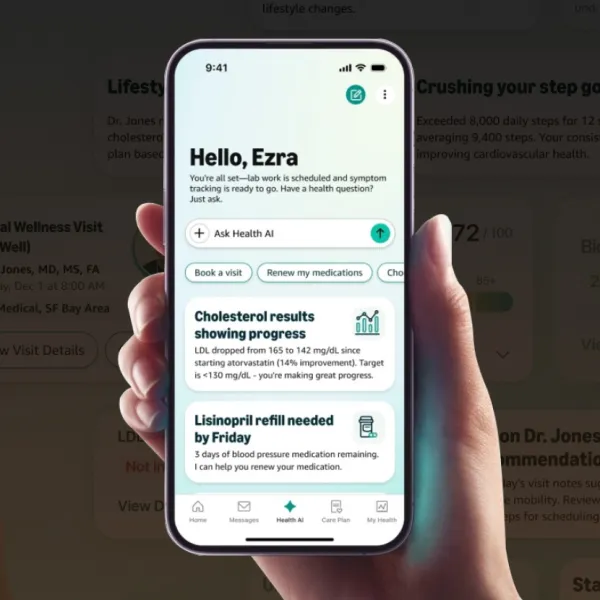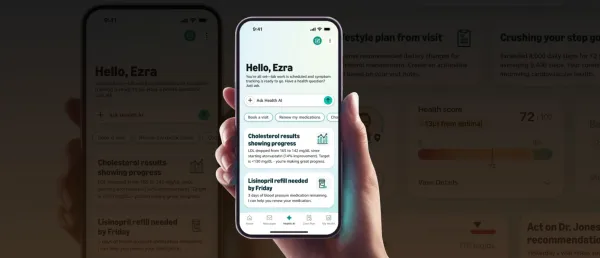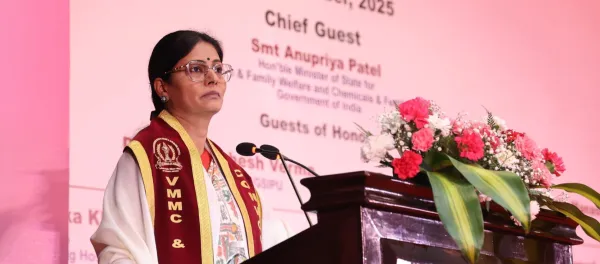Samsung, Stanford Collabs to Boost Sleep Apnea Detection via Galaxy Watch

The feature is currently available to users aged 22 and older through the Samsung Health Monitor app and is designed to detect signs of moderate to severe obstructive sleep apnea (OSA).
Samsung and Stanford Medicine have announced a research collaboration to refine the Galaxy Watch's sleep apnea detection capabilities and explore AI-enabled tools for ongoing sleep health management.
The initiative focuses on improving the watch’s sleep apnea feature, which received De Novo authorization from the U.S. Food and Drug Administration (FDA) in 2024.
The feature is currently available to users aged 22 and older through the Samsung Health Monitor app and is designed to detect signs of moderate to severe obstructive sleep apnea (OSA).
The clinical study is being led by Dr. Robson Capasso, Chief of Sleep Surgery and Professor at Stanford University School of Medicine, and co-principal investigator Dr. Clete Kushida. The researchers aim to assess the reliability of the Galaxy Watch in identifying OSA symptoms and expand its utility beyond screening.
The study aims to transition the feature from a passive detection tool into an active daily monitoring system. Currently, no details regarding patient enrollment or clinical site locations have been disclosed.
Samsung’s Health Monitor app currently supports periodic screening, and the new research intends to support more frequent assessment, potentially enabling users to track sleep-related respiratory patterns on a daily basis.
Dr. Hon Pak, Senior vice president and Head of the Digital Health Team and Mobile eXperience Business at Samsung Electronics, said, “This collaboration with Stanford Medicine will combine our deep technological expertise with Stanford's leading research capabilities to unlock innovation in preventive care. Together, we aim to move beyond screening to provide more meaningful daily support that helps people better understand and manage their sleep health.”
The collaboration reflects an interest in integrating wearables with clinical-grade evaluation for broader health applications, particularly in preventive care.
Samsung’s earlier releases, including the Galaxy Watch Ultra with its BioActive Sensors, have aimed to offer advanced health monitoring, such as tracking blood oxygen levels, sleep quality, stress, and heart rate. However, the current research focuses solely on refining sleep apnea detection and enhancing real-time usability for individuals affected by the condition.
Stay tuned for more such updates on Digital Health News







